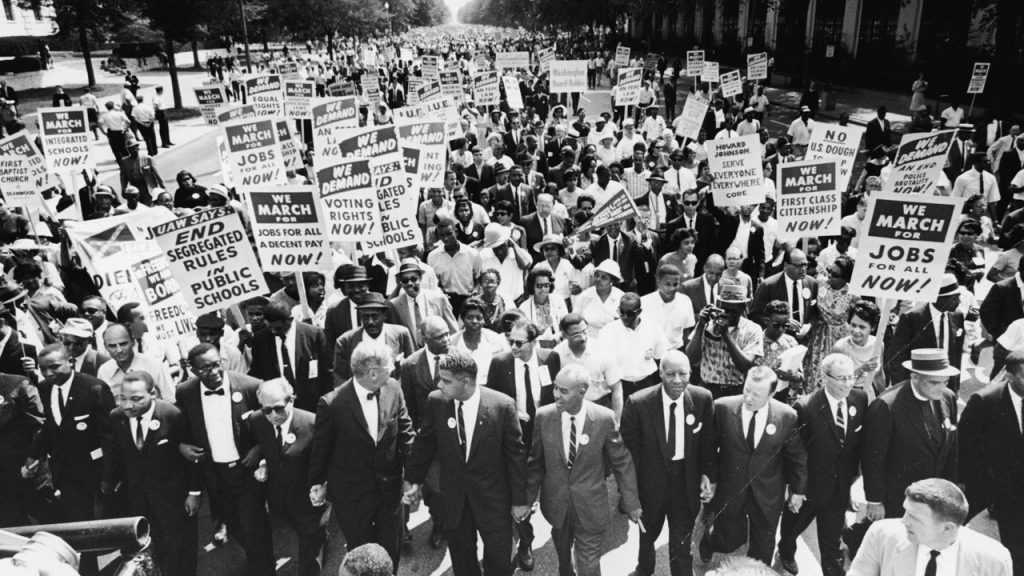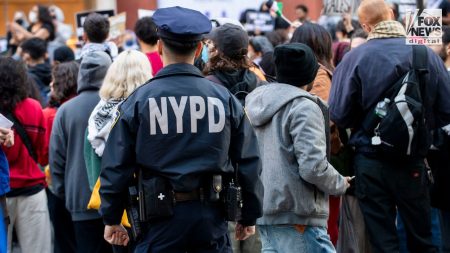William Strickland, a longtime civil rights activist and supporter of the Black Power movement, has died at the age of 87. His journey began as a high schooler in Massachusetts where he first became involved in civil rights. Inspired by the writings of Richard Wright and James Baldwin, Strickland continued his activism through his undergraduate years at Harvard University. Peter Blackmer, a former student who is now an assistant professor at Eastern Michigan University, described Strickland as making significant contributions to the Black freedom movement, highlighting that his focus was on challenging the systems of oppression faced by Black communities worldwide.
Joining the Boston chapter of the Northern Student Movement in the early 1960s, Strickland provided support for sit-ins and protests in the South. By 1963, he became the group’s executive director and began supporting the Black Power movement, which emphasized racial pride, self-reliance, and self-determination. Working alongside prominent figures such as Malcolm X and James Baldwin in New York, Strickland participated in rent strikes, school boycotts, and protests against police brutality. Amilcar Shabazz, a professor at the University of Massachusetts, noted that Strickland’s commitment to social change mirrored that of civil rights pioneer W.E.B. Du Bois, as he continuously advocated against imperialism, racism, and economic injustice.
Following the assassination of Martin Luther King Jr., Strickland co-founded the Institute of the Black World, an independent Black think tank. Serving as a gathering place for Black intellectuals, the institute was established in 1969 and became a hub for discussing issues of race, capitalism, and liberation. Subsequently, Strickland joined the University of Massachusetts Amherst, where he spent four decades teaching political science and directing the W.E.B. Du Bois Papers. He also traveled to Africa and the Caribbean, connecting with leaders of Black liberation movements and engaging with Cuban leader Fidel Castro.
In addition to his activism and teaching, Strickland wrote about racism and capitalism for various publications and worked as a consultant on documentaries such as “Eyes on the Prize” and “Malcolm X – Make It Plain.” Remembered for his ability to break down complex issues into understandable concepts, Strickland encouraged his students to fearlessly confront systems of oppression to develop strategies for challenging them. Earnestine Norman, Strickland’s cousin, described him as an intellectual giant with a sense of humor who was unafraid to speak his mind. She highlighted his commitment to speaking the truth about the struggles faced by African Americans and his dedication to educating others about their heritage and history.
Overall, William Strickland’s legacy as a civil rights activist and educator is characterized by his unwavering commitment to challenging systems of oppression, his contributions to the Black freedom movement, his founding of the Institute of the Black World, and his dedication to teaching and writing about racism and capitalism. Remembered for his ability to make complex issues accessible to popular audiences and his fearless approach to confronting social injustices, Strickland leaves behind a legacy of advocacy, education, and truth-telling that will continue to inspire future generations.















